-
Doctors
-
Specialities & Treatments
Centre of Excellence
Specialties
Treatments and Procedures
Hospitals & Directions HyderabadCARE Hospitals, Banjara Hills CARE Outpatient Centre, Banjara Hills CARE Hospitals, HITEC City CARE Hospitals, Nampally Gurunanak CARE Hospitals, Musheerabad CARE Hospitals Outpatient Centre, HITEC City CARE Hospitals, Malakpet
HyderabadCARE Hospitals, Banjara Hills CARE Outpatient Centre, Banjara Hills CARE Hospitals, HITEC City CARE Hospitals, Nampally Gurunanak CARE Hospitals, Musheerabad CARE Hospitals Outpatient Centre, HITEC City CARE Hospitals, Malakpet Raipur
Raipur
 Bhubaneswar
Bhubaneswar Visakhapatnam
Visakhapatnam
 Nagpur
Nagpur
 Indore
Indore
 Chh. Sambhajinagar
Chh. SambhajinagarClinics & Medical Centers
Book an AppointmentContact Us
Online Lab Reports
Book an Appointment
Consult Super-Specialist Doctors at CARE Hospitals

Back Pain
Back Pain
Back Pain Treatment in Hyderabad
Back pain is a prominent cause of disability globally, and it is one of the most common reasons individuals visit the doctor or miss work. The discomfort may extend down your leg or intensify as you bend, twist, raise, stand, or walk.
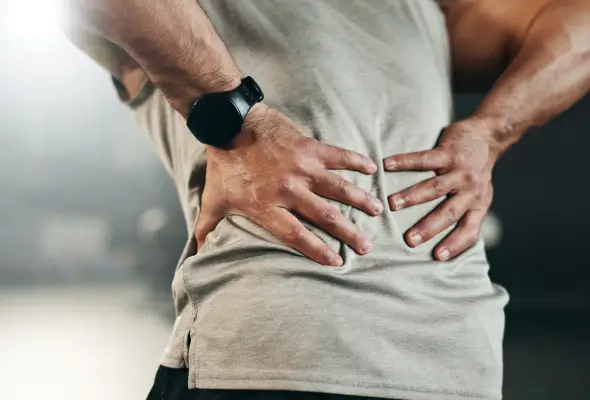
When should you see a doctor?
Consult your doctor if you are experiencing the following symptoms of back pain:
-
Lasts for a few weeks
-
Is severe and does not get better with rest
-
Spreads down one or both legs, particularly if the discomfort is below the knee
-
This condition causes weakness, numbness, or tingling in one or both legs.
-
Seek quick medical attention if you are experiencing back pain:
-
This results in new bowel or bladder issues.
-
Is accompanied by a high-temperature
-
As a result of a fall, a hit to the back, or another type of damage
Causes
Back pain frequently develops without a clear reason that your doctor can pinpoint with a test or imaging examination. The soft substance contained within a disc might expand or rupture, putting pressure on a nerve. You can, however, have a bulging or ruptured disc without experiencing back discomfort.
Risk elements
-
Age - Back discomfort becomes more frequent as you get older, beginning around the age of 30 or 40.
-
Lack of physical activity
-
Excess body weight places additional strain on your back.
-
Diseases- some forms of arthritis and cancer.
-
Improper lifting technique.
-
Psychological issues.
-
Smoking - Back discomfort is more common in smokers. This might happen because smoking causes increased coughing, which can result in herniated discs.
Prevention
You may avoid or reduce the occurrence of back discomfort by improving your physical condition and learning and practising good body mechanics.
The following measures can help;
-
Exercise: Regular low-impact aerobic activities that do not strain or shock your back can enhance back strength and endurance while also allowing your muscles to operate better. Walking and swimming are both terrific options. Discuss the activities you could attempt with your doctor.
-
Increase your muscular strength and flexibility: Abdominal and back muscle workouts assist in training these muscles so that they act together like a natural corset for your back.
-
Keep a healthy weight- Being overweight puts pressure on the back muscles.
-
Stop smoking - The risk increases with the number of cigarettes smoked per day grow thus quitting should help minimize this risk.
-
Avoid twisting or straining your back - Make good use of your body:
-
Take a wise stance - You should not slouch. Keep your pelvis in a neutral position. If you must stand for an extended amount of time, place one foot on a low footstool to relieve some of the strain on your lower back. Switch your feet. Good posture can help to lessen the strain on the back muscles.
-
Sit wisely - Maintaining the regular curvature of your back can be accomplished by placing a cushion or rolled towel in the small of your back. Alter your position at least once every half-hour.
-
Lift with caution - If possible, avoid heavy lifting; but, if you must lift anything heavy, let your legs do the job. Maintain a straight back (no twisting) and just bend at the knees. Keep the weight close to your body. If the thing is heavy or uncomfortable, get a lifting buddy.
Diagnosis at CARE Hospitals for Back Pain Treatment in Hyderabad
Your back will be examined, as well as your ability to sit, stand, walk, and lift your legs. Your doctor may also ask you to assess your pain on a scale of zero to ten and discuss how well you're functioning in the face of discomfort.
These tests assist in evaluating where the discomfort is coming from, how far you can travel before being forced to halt, and whether you have muscular spasms. They can also aid in the exclusion of more significant causes of back pain.
If your doctor suspects that a certain ailment is causing your back discomfort, he or she may request one or more tests:
-
X-ray - These photos indicate how your bones are aligned and if you have arthritis or shattered bones.
-
CT or MRI scans - These scans provide pictures that can detect herniated discs as well as issues with bones, muscles, tissue, tendons, nerves, ligaments, and blood vessels.
-
Blood tests are performed - These can aid in determining if you have an infection or another illness causing your pain.
-
Scan of the bones - A bone scan may be performed in rare circumstances to search for bone cancers or compression fractures caused by osteoporosis.
-
Nerve research - Electromyography (EMG) is a test that examines the electrical impulses produced by your nerves as well as the reactions of your muscles.
-
This test can confirm nerve compression caused by herniated discs or spinal canal constriction (spinal stenosis).
Treatment Options
The majority of back pain improves after a month of home therapy as suggested by our doctor. Continue your activities to the extent that you are able. Try modest exercises, such as walking and everyday chores. Stop any activity that causes discomfort, but don't avoid it because you're afraid of it. If home remedies do not work after a few weeks, your doctor at the back pain treatment hospital may recommend stronger drugs or alternative therapy.
Medications
Depending on the severity of your back pain, your doctor may advise you to do the following:
Pain remedies sold over-the-counter (OTC). Nonsteroidal anti-inflammatory medicines (NSAIDs) may be used to treat back discomfort. Only use these drugs as prescribed by your doctor. Overuse can have catastrophic consequences. If over-the-counter pain medicines do not help your discomfort, your doctor may prescribe NSAIDs.
Relaxants for the muscles - If over-the-counter pain medicines do not treat mild to severe back pain, your doctor may prescribe a muscle relaxant.
Topical analgesics - These lotions, salves, ointments, and patches deliver pain-relieving ingredients to your skin.
Physiotherapy
A physical therapist may give you exercises to enhance your posture, increase your flexibility, and strengthen your back and abdominal muscles. The application of these procedures on a regular basis can help prevent the recurrence of discomfort. Physical therapists will also educate you on how to adapt your motions during a back pain episode to minimize flare-ups of pain symptoms while remaining active.
Surgical and Non-surgical procedures
CARE Hospitals is the best Back Pain Treatment Hospital in Hyderabad, here the following procedures may be used to alleviate back pain:
-
Injections of cortisol: If previous treatments fail to ease your pain and it radiates down your leg, your doctor may inject cortisone, a powerful anti-inflammatory steroid, along with a numbing medication into the region around your spinal cord (epidural space). A cortisone injection can help reduce inflammation around the nerve roots, but the pain alleviation is typically just temporary, lasting only a month or two.
-
Neurotomy with radiofrequency energy: A small needle is introduced through your skin such that the tip is near the location causing your pain during this operation. Radio waves are sent via the needle, causing adjacent nerves to be damaged and interfering with the transfer of pain signals to the brain.
-
Nerve stimulators have been implanted.
-
Implanted devices can give electrical impulses to specific nerves to inhibit pain signals.
-
Surgery: If you experience relentless discomfort with radiating leg pain or gradual muscle weakening caused by nerve compression, surgery may be beneficial. These operations are often reserved for pain caused by structural issues, such as a narrowing of the spine (spinal stenosis) or a herniated disc that hasn't responded to conventional treatments.
Our Doctors
-
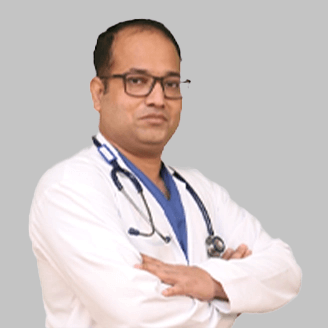
Dr. Lalit Jain
MBBS, MS
Orthopaedics
View More -
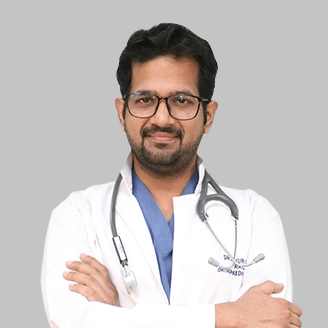
Dr. Ankur Singhal
MBBS, MS
Orthopaedics
View More -
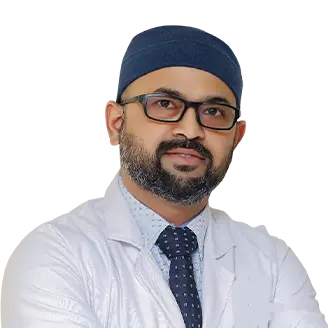
Dr. Prasad Patgaonkar
MBBS, DNB (Orthopaedics)
Orthopaedics
View More -
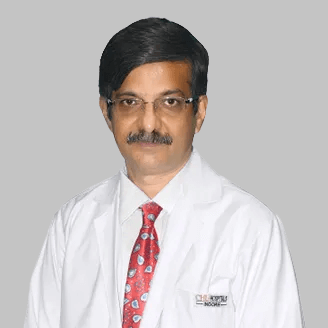
Dr. Manish Shroff
MBBS, MS (Orthopaedics)
Orthopaedics
View More -
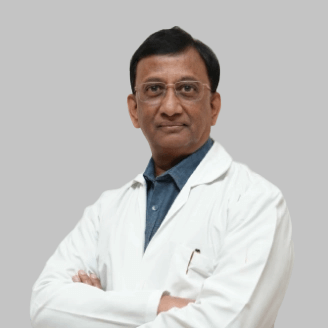
Dr. A K Jinsiwale
MBBS, MS (Ortho), Dip M.V.S (Sweden), F.S.O.S
Orthopaedics
View More -
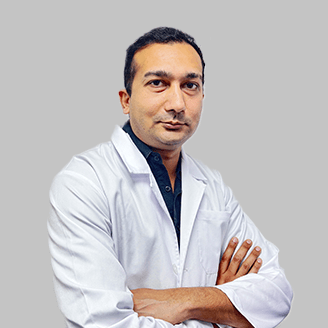
Dr. Vikas Jain
M.B.B.S, M.S. (Orthopaedics), F.I.J.R, F.I.R.J.R, F.A.S.M
Orthopaedics
View More -
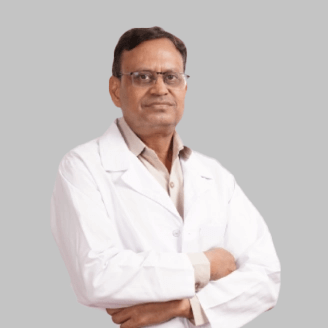
Dr. Praveen Agrawal
MBBS, D.Ortho
Arthroscopy & Sports Medicine
View More -
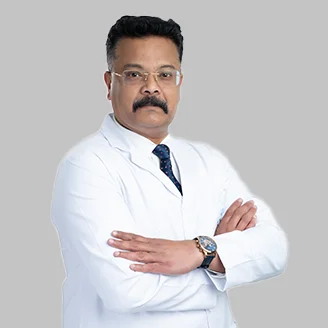
Dr. (Lt Col) P. Prabhakar
MBBS, DNB (Orthopedics), MNAMS, FIMSA, Fellow in Complex Primary & Revision Total Knee Arthroplasty (Switzerland)
Orthopaedics
View More -
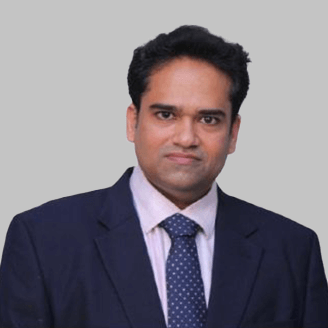
Dr. Ajay Kumar Paruchuri
MBBS, MS (Orthopaedics), MCh (Orthopaedics, UK), Fellowship in Shoulder Arthroscopy (UK)
Orthopaedics
View More -
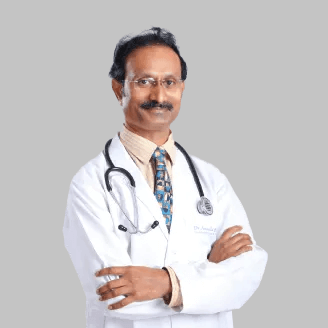
Dr. Anand Babu Mavoori
MBBS, MS (Ortho), Fellow in Computer Assisted Joint Replacement Surgery, Sports & Arthroscopic Surgery, Spine Surgery
Orthopaedics
View More -
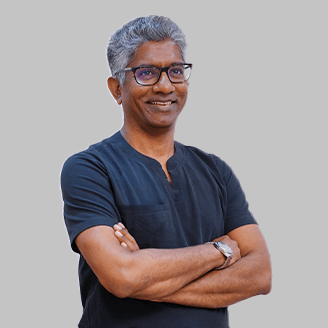
Dr. Ashok Raju Gottemukkala
MBBS, MS Ortho
Orthopaedics
View More -
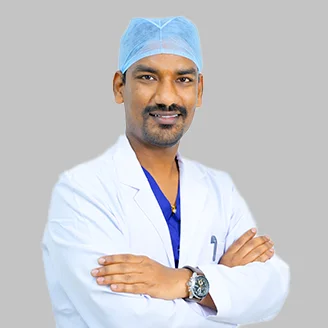
Dr. Ashwin Kumar Talla
MS (Orthopaedics), DNB (Ortho)
Orthopaedics
View More -
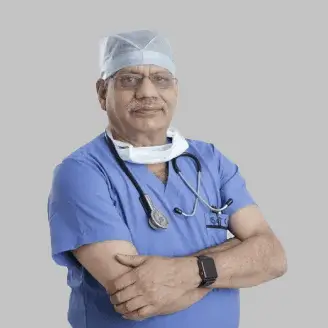
Dr. B N Prasad
MBBS, MS(Ortho)
Orthopaedics
View More -
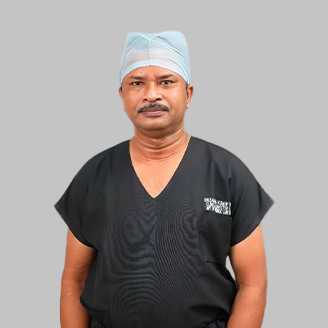
Dr. Behera Sanjib Kumar
MBBS, MS (Ortho), DNB (Rehab), ISAKOS (France), D. P. M. R
Orthopaedics
View More -
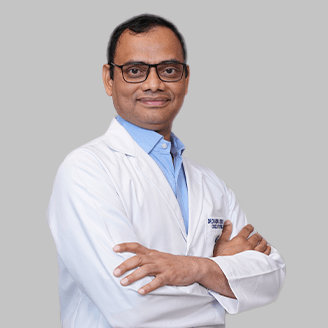
Dr. Chandra Sekhar Dannana
MBBS, MS (Orthopedics), MRCS, FRCSEd (Trauma & Orthopaedics)
Orthopaedics
View More -

Dr. E.S. Radhe Shyam
MBBS, MS
Orthopaedics
View More -
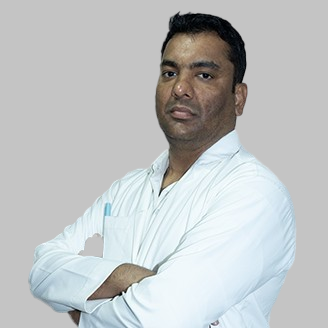
Dr. Hari Chaudhari
MBBS, MS (Orthopaedics)
Orthopaedics
View More -
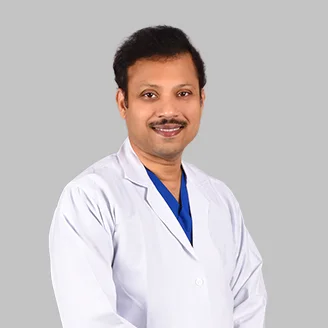
Dr. K.S.Praveen Kumar
MBBS, MS (Ortho)
Orthopaedics
View More -
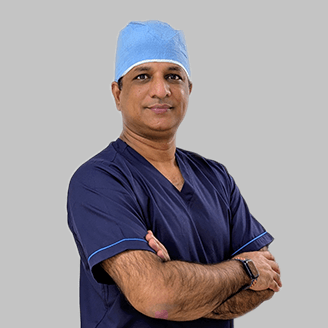
Dr. Kiran Lingutla
MBBS (Manipal), D'Ortho, MRCS (Edinburgh-UK), FRCS Ed (Tr & Ortho), MCh Ortho UK, BOA Sr. Spine Fellowship UHW, Cardiff, UK
Orthopaedics, Spine Surgery
View More -
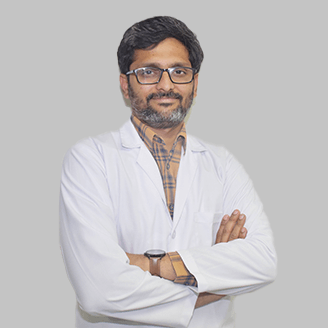
Dr. Kotra Siva Kumar
Mbbs, DNB in Orthopaedics
Orthopaedics
View More -

Dr. Madhu Geddam
MBBS, MS (Ortho) (OSM), FISM, FIJR
Orthopaedics
View More -
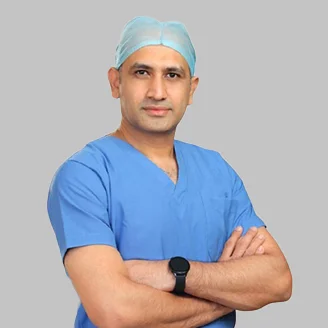
Dr. Mir Zia Ur Rahaman Ali
MBBS, D.Ortho, DNB Ortho, MCh Orth (UK), AMPH (ISB)
Orthopaedics
View More -
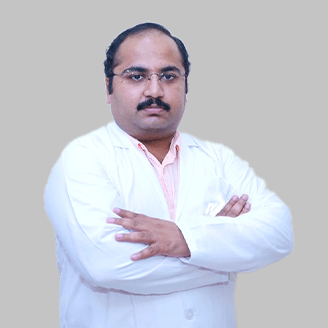
Dr. P Venkata Sudhakar
MS Ortho (AIIMS), Mch Spine Surgery (AIIMS) Fellow, Endoscopic Spine Surgery (Asian Spine Hospital, Hyderabad)
Spine Surgery
View More -
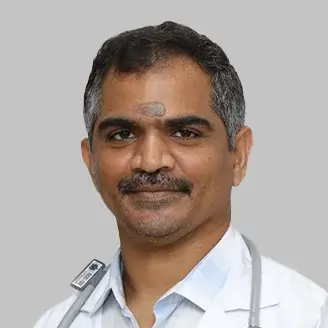
Dr. P. Raju Naidu
MBBS, MS(Ortho)
Orthopaedics
View More -
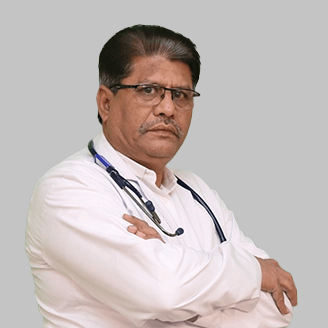
Dr. Pankaj Dhabaliya
MBBS, D.Ortho
Orthopaedics
View More -
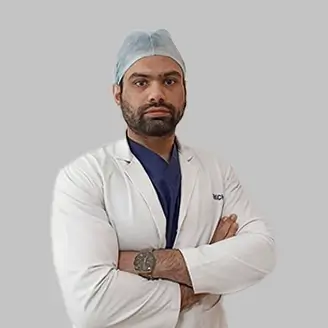
Dr. Pratik Dhabalia
MBBS, MS (Ortho), MRCS
Orthopaedics
View More -
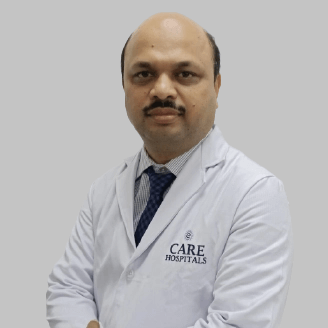
Dr. Priyesh Dhoke
MBBS, MS (Orthopedics) F.A.O.S. (Australia) AO Spine International Clinical Fellowship, Brisbane (Australia) Clinical fellowship in Minimal invasive Spine Surgery (MISS) (SGH, Singapore)
Orthopaedics, Spine Surgery
View More -

Dr. Pushpvardhan Mandlecha
MBBS, MS (Orthopedics)
Orthopaedics
View More -
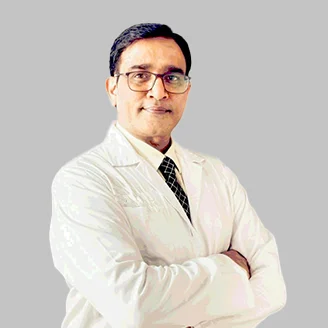
Dr. Raghu Yelavarthi
MBBS, D.Ortho
Orthopaedics
View More -
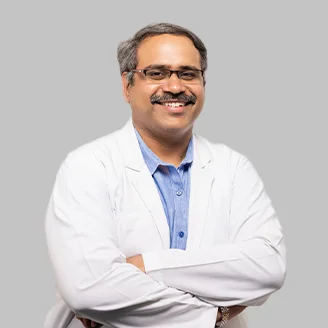
Dr. Ravi Chandra Vattipalli
MBBS, DNB Ortho
Orthopaedics
View More -
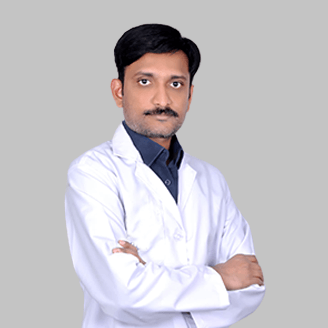
Dr. Repakula Kartheek
MBBS, MS (ORTHOPAEDICS), FIJR, FIKS(NL), FIHPTS(SWTZ)
Orthopaedics
View More -
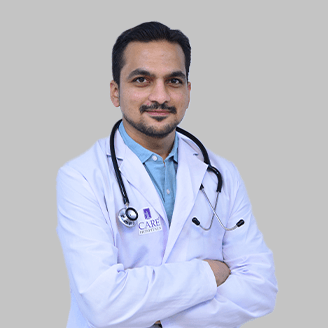
Dr. Romil Rathi
MBBS, MS (Orthopedics)
Orthopaedics
View More -
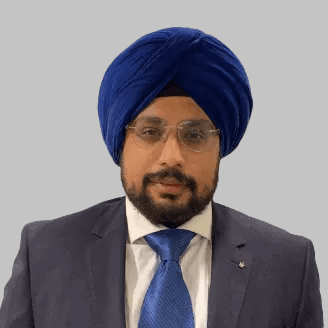
Dr. Sandeep Singh
MBBS, MS (Ortho), MRCS (Glasgow), MRCS(UK), FRCS(Primary & Revision Joint Replacement, London), Fellow Sports Injury (UK)
Orthopaedics
View More -
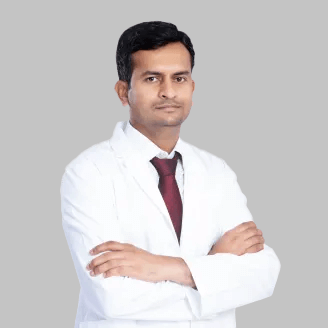
Dr. Sharath Babu N
MBBS, DNB (Ortho), Fellowship in Joint Replacement & Revision (Germany),Fellowship in Arthroscopy (Germany),Spl in Trauma & Sports Medicine
Orthopaedics
View More -
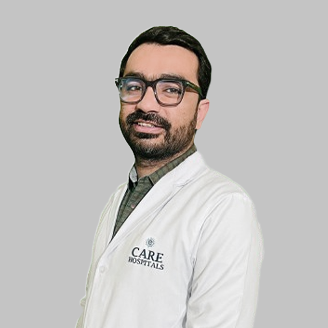
Dr. Sohael Mohammed Khan
MBBS, MS (Orthopaedics), Diploma (Spine Rehabilitation)
Spine Surgery
View More -
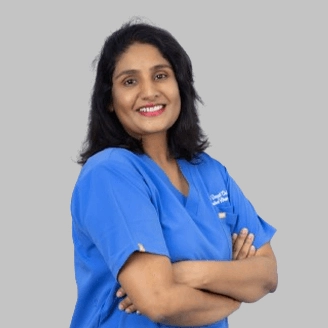
Dr. Sripurna Deepti Challa
MBBS, MD, Fellowship in Rheumatology, MMed Rheumatology
Rheumatology
View More -
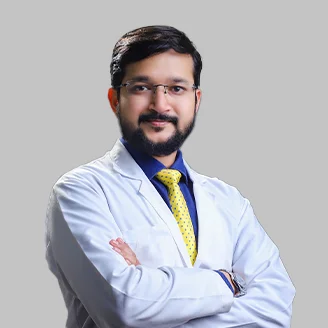
Dr. Subodh M. Solanke
MBBS, DNB (Ortho), FIJR, MNAMS
Orthopaedics
View More -
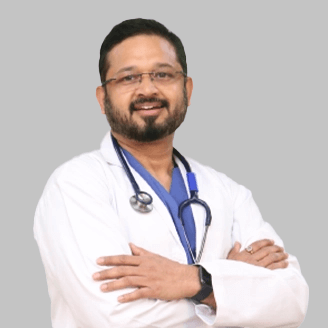
Dr. Suman Kumar Nag
MS, MBBS
Arthroscopy & Sports Medicine
View More -

Dr. Vasudeva Juvvadi
MBBS.,MS(Ortho).
Orthopaedics
View More -

Dr. Vibha Siddannavar
BPT, MPT (Ortho), MIAP
Physiotherapy & Rehabilitation
View More -
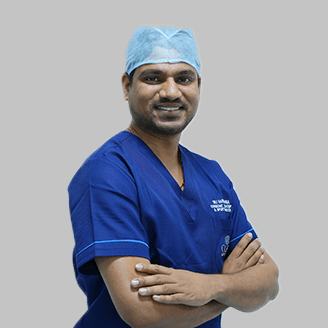
Dr. Yadoji Hari Krishna
MBBS, MS (Orthopaedics), Fellowship in Shoulder Surgery, Arthroscopy, and Sports Medicine, Arthroscopy of Complex and Multiligamentous Knee Injury
Orthopaedics
View More -
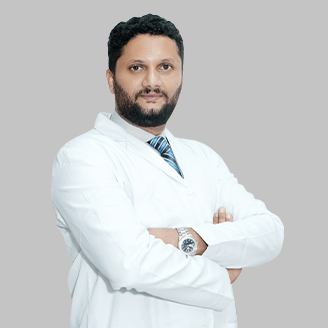
Dr. Zafer Satvilkar
MBBS, MS (Ortho), FJRS
Orthopaedics
View More
Frequently Asked Questions
Couldn’t find what you were looking for?
Need any help? Get a Call Back.

Still Have a Question?

